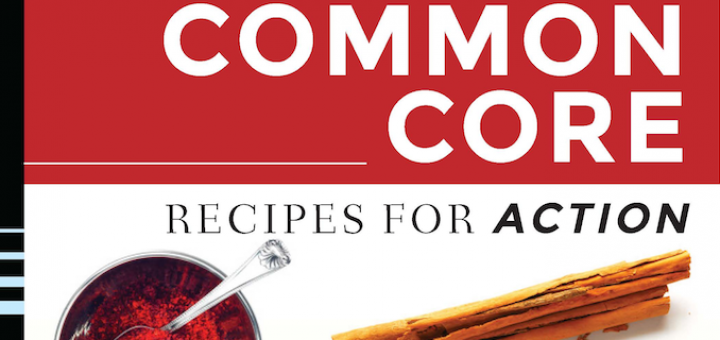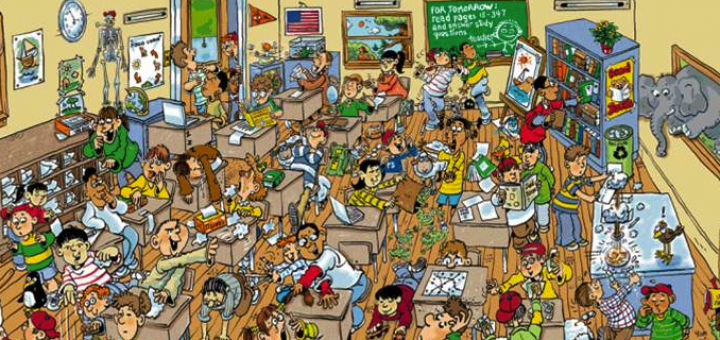Teaching and learning in grades 4-8
While we want students to fall in love with reading through text choices that excite them, says literacy consultant Sarah Tantillo, teachers must also address challenging skills and content and make sure students grow their background knowledge base. Tantillo shares ideas about finding the balance.
Students benefit from reading independently if specific conditions are in place. In No More Independent Reading Without Support Debbie Miller and Barbara Moss share research-based strategies to enhance classroom practice and student learning.
As arts education budgets shrink, K-8 educators will appreciate The Arts Go to School, says reviewer Jennifer Jankowski. Authors David Booth and Masayuki Hachiya offer creative ideas for incorporating arts into the daily curriculum across many subjects.
This is a very short, very concise, highly referenced book on the incredibly important topic of adolescent development and the role of poverty. Reviewer Laura Von Staden suggests more on specific interventions would have strengthened the book.
Nancy Akhavan builds her nonfiction strategies and routines into fully realized lessons to help students develop higher level comprehension across content areas, says reviewer Sandy Wisneski.
This summer middle grades teacher Mary Tarashuk is diving into the deep end of the technology pool, accepting a challenging online leadership role. Yet she’s determined to protect the beach time she needs for family and reflection on the school year ahead.
The Nonfiction NOW Lesson Bank (Grades 4-8): Strategies and Routines for Higher-Level Comprehension in the Content Areas by Nancy Akhavan delivers everything the title promises and more, raves reviewer Linda Biondi. Plus 50 lessons and 5 close reading ideas, ready to use.
The new book Motivation to Learn doesn’t just talk about the theories behind motivating learners. Using a fresh metaphor (river rafting), it gives new & veteran teachers “concrete strategies for creating a classroom culture that maximizes student engagement,” says reviewer Tasha Kirby.
Activators: Classroom Strategies for Engaging Middle and High School Students brings a new and valuable perspective to a familiar teaching strategy, says reviewer Sarah Grieb. And the authors understand what’s it like to work in real classrooms with real kids.
Teaching experts Annette Breaux & Todd Whitaker contrast the typical characteristics of effective and ineffective classrooms using two simple but compelling bullet lists. Excerpted from the 2nd edition of their bestselling book Seven Simple Secrets with new teachers especially in mind.




































